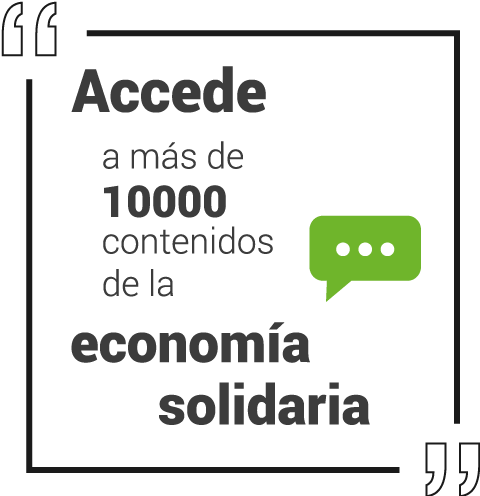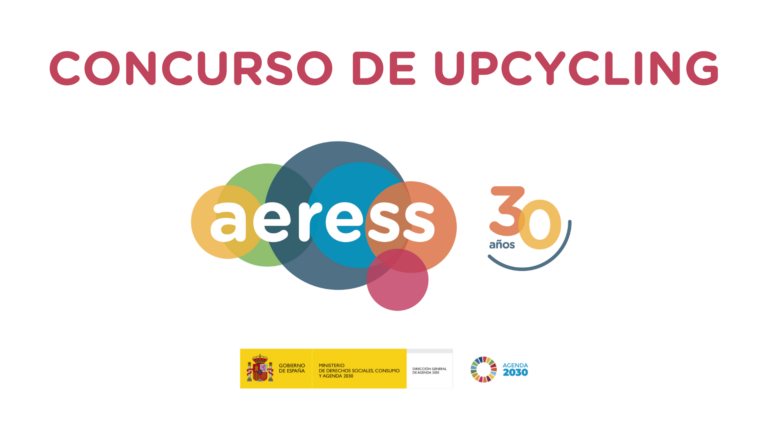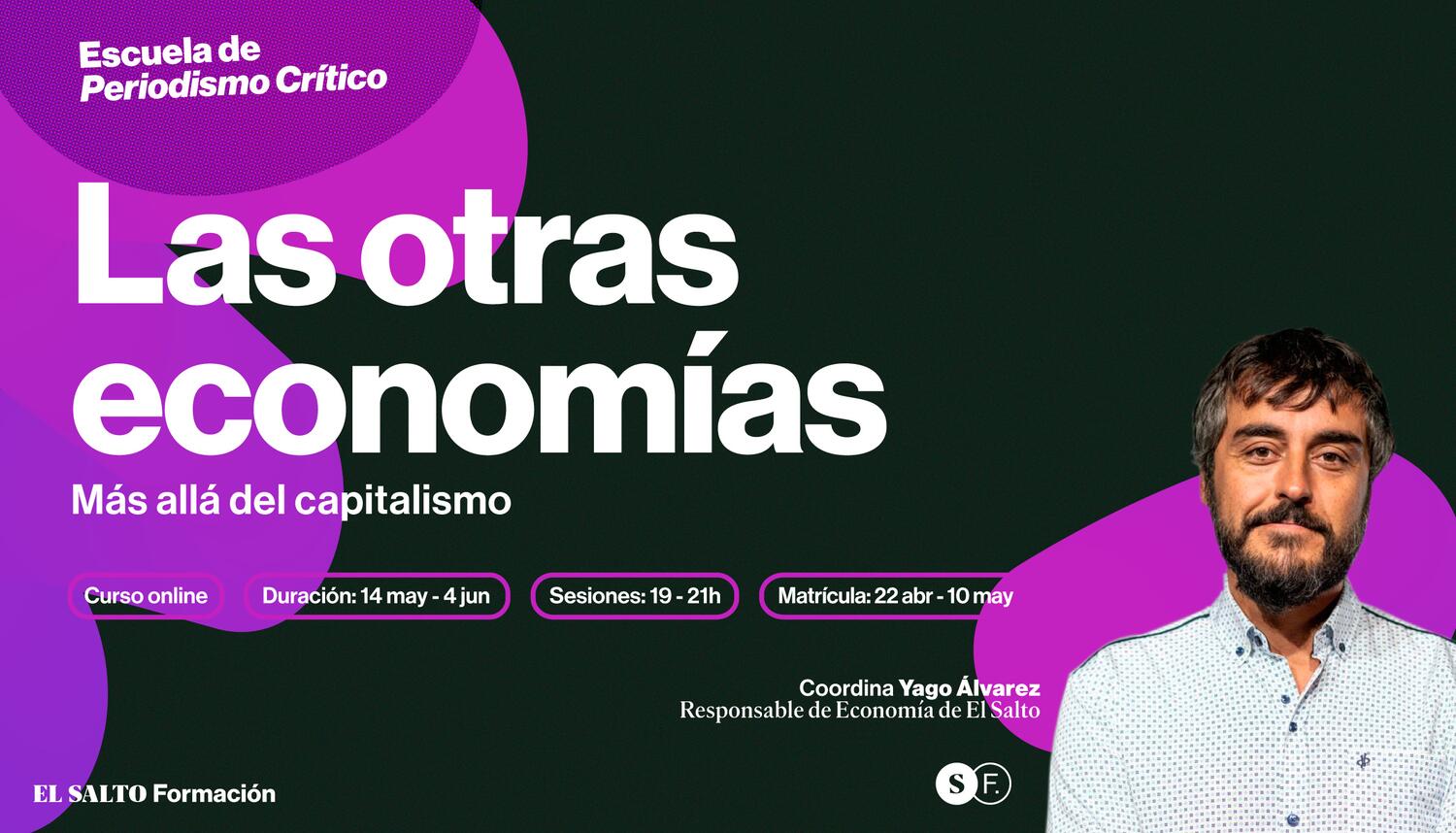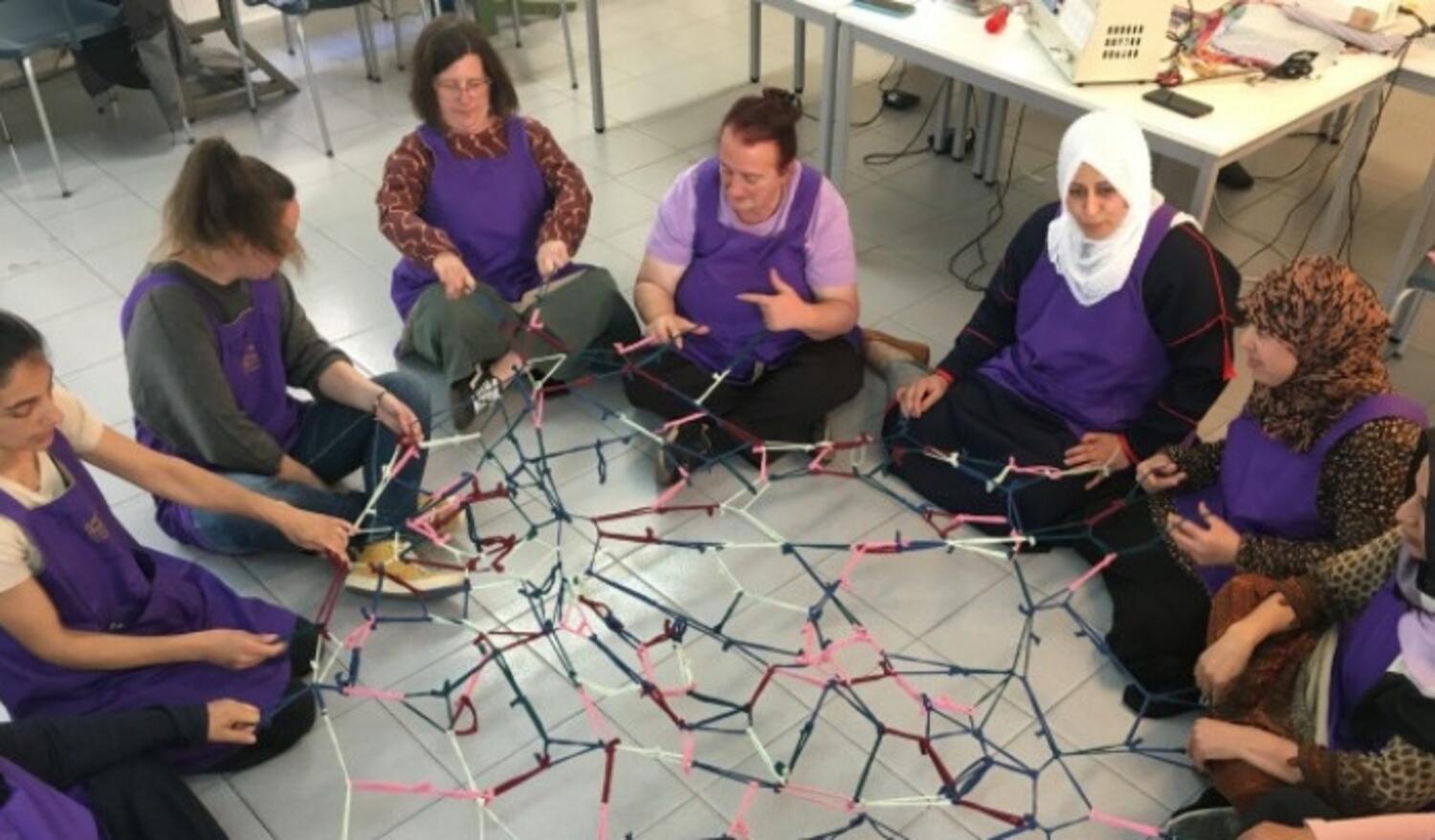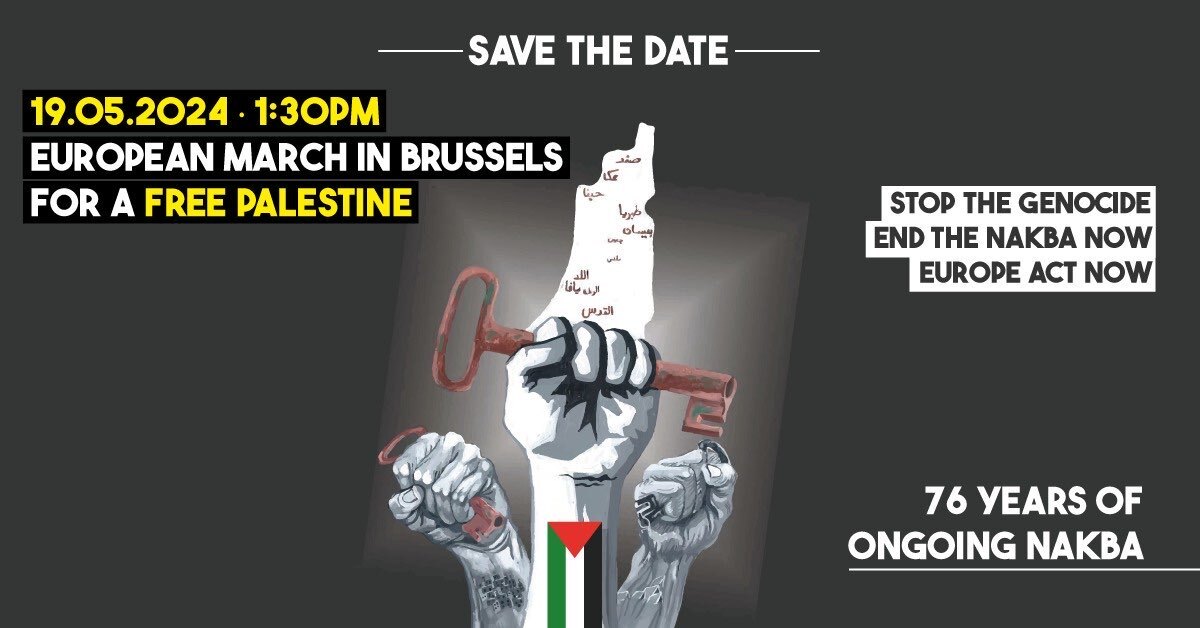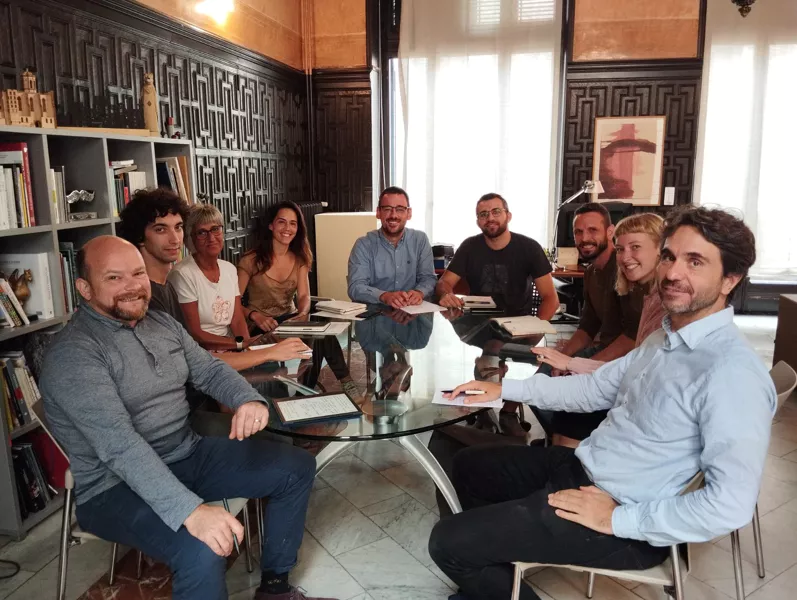II European Summer School on Solidarity Economy

Towards a global socioeconomy. Solidarity Economy in times of conservatism and populism
September 7 to 11, 2020, CES | Lisbon (Picoas Plaza | Rua Viriato, lojas 117 e 118).
The present global scenario is increasingly characterised by raising levels of social and economic inequalities as well as political conservatism and populism. Representative democracy is indeed under questioning in several contexts due to its incapacity to provide efficient solutions to the needs of citizens, who are often left to their own devices in a context of growing inequalities. Against this background, several initiatives from civil society are addressing unsatisfied needs through self-managed solutions defined by cooperative relations, solidarity and reciprocity. Not only are these initiatives a response to material needs of goods and services, but also a political action for creating and practicing a counter-hegemonic economy.
Solidarity Economy encompasses both institutionalised and non-institutionalised forms of self-managed collective arrangements that allow the convergence of diverse types of knowledge – urban, popular, peasant, indigenous – in a non-hierarchical, horizontal way. This convergence stimulates the exchange of goods, services and knowledge, strengthening social relationships within the community.
Solidarity Economy is thus characterised by a political dimension, showing a transformative character that aims at constructing a reality based on distinct social relations. Consequently, it implies a prefigurative nature, based on transformative experiments opposing dominant economic-political rationales while performing economic activities that are alternative in a variety of aspects.
In order to understand and interpret the Solidarity Economy, new theoretical insights are required in the view of constructing a new global socioeconomic perspective. To this end, it seems useful to elaborate on critical approaches such as feminist economics, postcolonial studies and social movement theories.
Against this background, the objectives of this summer school are on the one hand to explore actual experiences of Solidarity Economy arrangements in different socio-economic and geographical contexts, and on the other hand to discuss new critical theoretical approaches that can shed light on their political implications as well as their specificities with respect to other conceptualisations such as social economy, social enterprise or social entrepreneurship, just to mention a few.
Targeted audience: researchers, post-graduate students and solidarity economy activists.
Duration: 40 hours
Language: The main language of the Summer School will be English.
General Coordination: Luciane Lucas dos Santos (CES) and Pedro Hespanha (CES/FEUC)
Scientific Committee: Ana Margarida Esteves (ISCTE-IUL), Andrés Spognardi (CES), Gonçalo Canto Moniz, Isabelle Hillenkamp, Jean-Louis Laville (Collège d’Études Mondiales/CNAM), Jordi Stivill (UAB), Lars Hulgård (EMES/Roskilde University), Luciane Lucas dos Santos (CES), Marilia Verissimo Veronese (Unisinos, Brazil), Michela Giovannini (CES), Pedro Hespanha (CES/FEUC), Rogério Roque Amaro (ISCTE), Sílvia Ferreira (CES/FEUC), Teresa Cunha (CES).
Executive Coordination: Eber Hernandez (ECOSOL CES) and Beatriz Caitana (ECOSOL-CES).
Institutional Partners: This Summer School is the product of a partnership between ECOSOL/CES and different institutions: URBINAT Project (CES); ISCTE-IUL (Lisbon); EMES – International Research Network (to be confirmed); RIPESS Europe; Collège d’Etudes Mondiales (Paris); IRD – Institut de Recherche pour le Développement (France); Roskilde University (Denmark); Rede Portuguesa de Economia Solidária (RedPES), Xarxa d’Economia Solidària de Catalunya (XES) and Associação Centro de Estudos de Economia Solidária do Atlântico (ACEESA).

